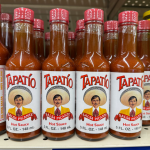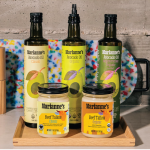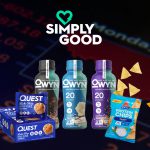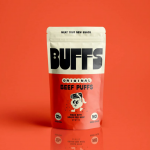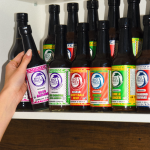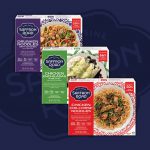McCain Foods Looks to Web3 to Promote Regenerative Efforts
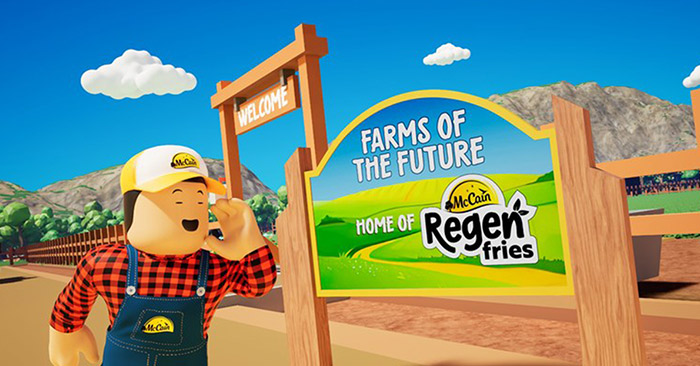
Potato-based food company McCain Foods has launched a pair of campaigns, in both the metaverse and three cities across the globe, to promote its use of regenerative agricultural practices.
As part of an environmental initiative called #SaveOurSoil, the Toronto-based company, one of the world’s largest producers of prepared potato foods, is partnering with cryptocurrency themed burger restaurant Bored & Hungry to introduce a new line of french fries made from regeneratively grown potatoes called Regen Fries that will be available as a menu item at the eatery through November 18. The company is also launching Farms of the Future, a new game offered on web3 operator Roblox’s roleplay gaming platform Livetopia aimed at teaching players about regenerative farming.
“We believe regenerative agriculture is vital in trying to make the global food system more sustainable. If we don’t change the way we farm, the implications are bleak – and we cannot allow that to happen,” said Christine Kalvenes, Global Head of Innovation and Marketing at McCain, in a press release.
The campaigns are meant to draw awareness to McCain’s commitment to utilize regenerative agricultural practices for all of its potato cultivation by the end of 2030. Regenerative agriculture purports to strengthen soil health and fight climate change by increasing biodiversity on farmland.
The campaign combines digital elements with real life execution. Based in Long Beach, California, Bored and Hungry, is a burger restaurant launched by Food Fighter Universe, a restaurant group that utilizes non-fungible tokens (NFTs) as payment for real life food experiences. Along with offering Regen Fries on its menu, Bored & Hungry will take its collaboration with McCain on the road at pop-up restaurant locations in London (November 3 and 4) and Toronto (November 16 through 18).
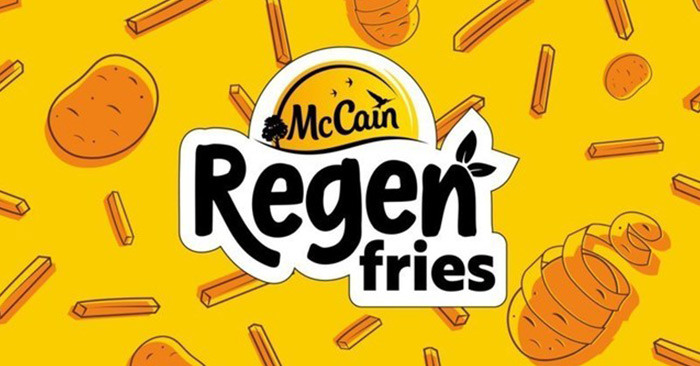
The second part of the launch strategy centers around the launch of Farms of the Future, an online game that allows players to “grow” regenerative-ag potatoes and sell them in the metaverse.
Farms of the Future is also the name of one of McCain’s sustainability projects. By 2025, the potato company expects to have three regenerative agriculture “Farms of the Future” operating in different growing regions around the world. Currently, McCain runs one in New Brunswick, Canada and another in Lichtenburg, South Africa.
McCain has also developed a Regenerative Agriculture Framework to help the company as it trains its partner farmers to reach the goal of 100% regenerative farming by the end of the decade. The company’s regenerative agriculture goals were developed in consultation with a range of stakeholders across academia, governmental organizations and NGOs to focus the company’s sustainability efforts in six areas: ensuring farm resilience, minimizing soil disturbance, utilizing cover crops, enhancing crop biodiversity, reducing chemical use and optimizing water use, and integrating organic elements.
Tihe 65-year-old company seeks to connect with a new generation of consumers, Kalvenes said in a press release, while also educating shoppers on the need for more regenerative agriculture practices.
“It is important we reach out to younger consumers with the right message, in the right location, at the right moments of receptivity – meeting them where they are. This will be important in raising awareness for building a more sustainable food system through regenerative agriculture,” she said.
McCain is not the only food company that has recently invested in regenerative agriculture adoption.
Last week, chickpea food brand Banza announced a new partnership with nonprofit group Green America’s Soil Carbon Initiative program to prioritize soil health. PepsiCo teamed up with Archer Daniels Midland in September on a pledge to expand regenerative agricultural practices across 2 million acres by 2030. In February, Kellogg’s announced its InGrained program as part of its “Better Days” platform is building out more environmentally sustainable practices in its supply chain like regenerative rice farming in the lower Mississippi Valley.
CPG companies are using web3 to market to a new generation of consumers. Brands like Liquid Death have utilized the emerging tech to gain significant market share by offering NFTs that build customer adoption. Retailers are also seeing an advantage in the space. Walmart Land and Walmart’s Universe of Play recently launched on the Roblox platform giving shoppers an immersive metaverse experience to shopping.

